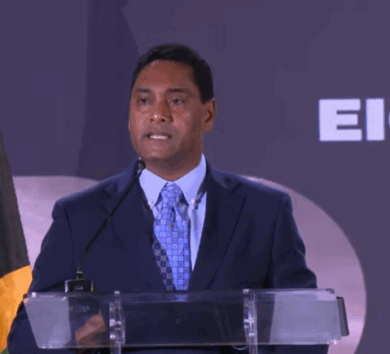
10 years of negotiations has culminated

A major global breakthrough has occurred, as nations have reached a historic agreement to protect the world’s oceans.
This breakthrough came after 10 years of negotiations. The agreement was reached last evening, after 38 hours of talks, at United Nations headquarters in New York. The negotiations had been held up for years over disagreements on funding and fishing rights.
The last international agreement on ocean protection was signed 40 years ago in 1982 – the UN Convention on the Law of the Sea. The new High Seas Treaty places 30 per cent of the seas into protected areas by 2030, aiming to safeguard and recuperate marine nature.
Details of the agreement
The agreement established an area called the high seas – international waters where all countries have a right to fish, ship and do research but only 1.2 per cent of these waters are protected. Marine life living outside of these protected areas has been at risk from climate change, overfishing and shipping traffic.
These new protected areas, established in the treaty, will put limits on how much fishing can take place, the routes of shipping lanes and exploration activities like deep sea mining – when minerals are taken from a sea bed 200m or more below the surface. In the latest assessment of global marine species, nearly 10% were found to be at risk of extinction, according to the International Union for Conservation of Nature (IUCN).
The BBC reports that countries will need to meet again to formally adopt the agreement and then have plenty of work to do before the treaty can be implemented. Countries have to ratify it [legally adopt it] for it to enter force. Then there are a lot of institutional bodies like the Science and Technical Committee that have to get set up.
Treaty will protect the oceans
The BBC spoke with Laura Meller, an oceans campaigner for Greenpeace Nordic, who commended countries for “putting aside differences and delivering a treaty that will let us protect the oceans, build our resilience to climate change and safeguard the lives and livelihoods of billions of people”.
Continuing, she declared: “This is a historic day for conservation and a sign that in a divided world, protecting nature and people can triumph over geopolitics.”

Liz Karan, director of Pews Trust ocean governance team, told the BBC: “It will take some time to take effect.”
The International Seabed Authority that oversees licensing told the BBC that moving forward “any future activity in the deep seabed will be subject to strict environmental regulations and oversight to ensure that they are carried out sustainably and responsibly”.
Marine protected areas could help endangered species like the whale shark – the largest living fish recover.
Richer nations currently have the resources and funding to explore the deep ocean but poorer nations wanted to ensure any benefits they find are shared equally.







Comments